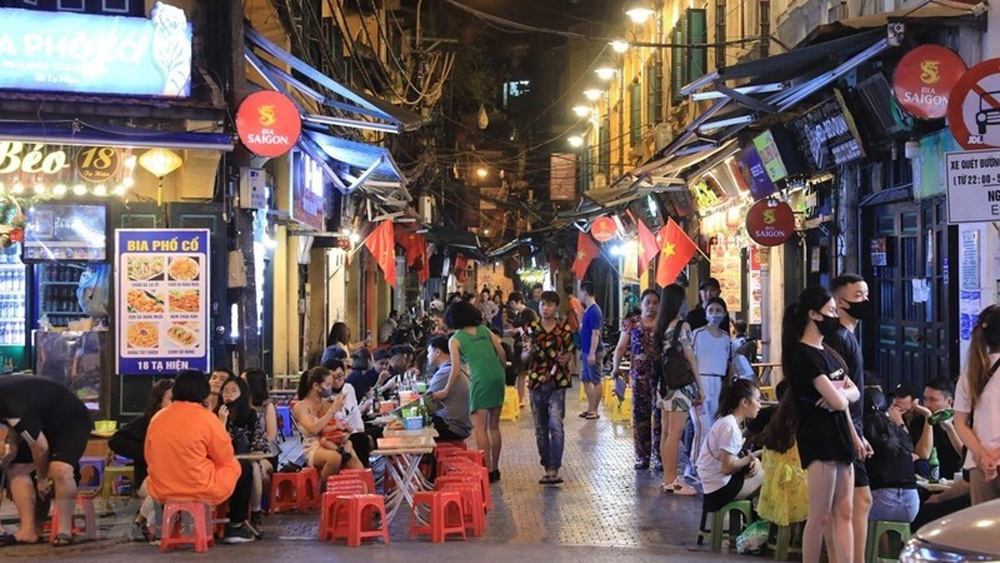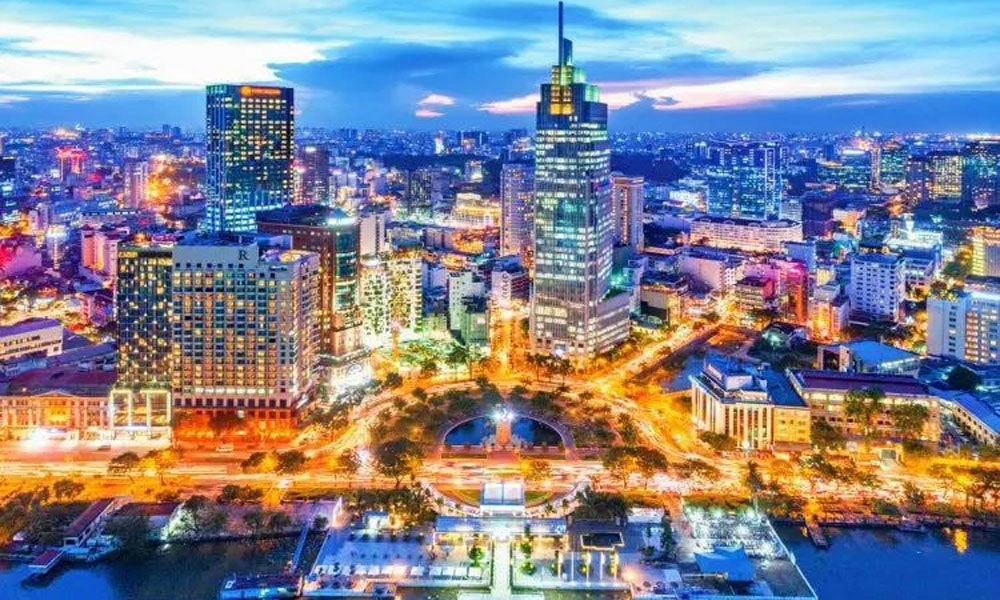How Vietnam can wake its night-time economy potential
But Vietnam must face quite a few challenges if it wants its night-time economy to move in the right direction.
 |
|
Ta Hien Street in Hanoi. |
The night-time economy refers to all activities and services taking place from 5pm until 6am the next day, including food and drink, arts, music, entertainment, festivals and events. Many countries in the world are currently pushing for this form of economy.
Research by Ernst & Young (E&Y) shows that the UK’s night-time economy contributes about 6% of its GDP, or approximately 66 billion pounds, creating more than 1.25 million jobs. London alone accounts for 40%, or 26.4 billion pounds, with 723,000 jobs.
Thailand’s Ministry of Tourism and Sports estimates that extending the opening hours of entertainment facilities will raise tourists’ spending by 25% and boost its economic growth. Similarly, the Japanese economy has also introduced various policies to promote night-time commerce and services, which bring in about 3.76 billion USD per year in Tokyo.
In Vietnam, the Prime Minister approved a plan to develop the night-time economy in July 2020, focusing on tourism at first. Although the government is more open in its policy, this model has not brought much economic benefit yet. Many foreign tourists in Vietnam still lack entertainment and shopping options during the late hours, which reduces their spending and makes Vietnam’s tourism less attractive.
In fact, night-time economic activities have long been only known with night markets and streets such as Ta Hien in Hanoi, Bui Vien in Ho Chi Minh City and 24-hour convenient stores in big cities.
The reason for this is that there are many obstacles. Night-time commercial activities pose risks of causing social problems and public disorder. Night-time tourism, shopping, and eating and drinking activities generate noise, affecting the lives of nearby residents. Furthermore, night-time economic activities can also cause pollution and infrastructure overload if they involve large numbers of tourists. On the other hand, there have not been clear mechanisms and policies to support this new form of economy.
The advantage of the night-time economic model is attracting tourists through super-convenient shopping and consumption services, cultural and entertainment activities distinctive of each locality and region. The contribution of this model to the national economy is significant; therefore, it needs more research, pilot projects, and expansion.
Specifically, there should be a unified legal framework for developing the night-time economy with clear rules on business forms, opening hours, operating licenses, operating standards and sanctions so that the authorities can regulate night-time economic activities properly. In addition, it is necessary to align night-time economic development with cultural and arts activities to both meet tourists’ demands and promote local culture.
Source: NDO
 Bắc giang
Bắc giang















Reader's comments (0)